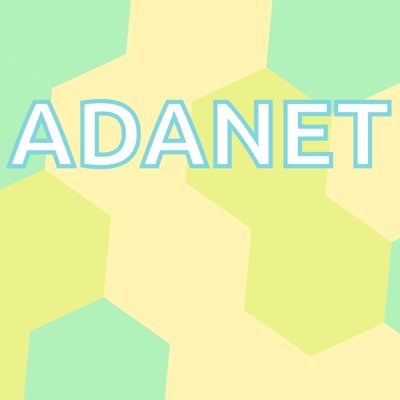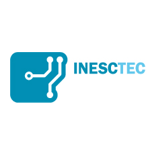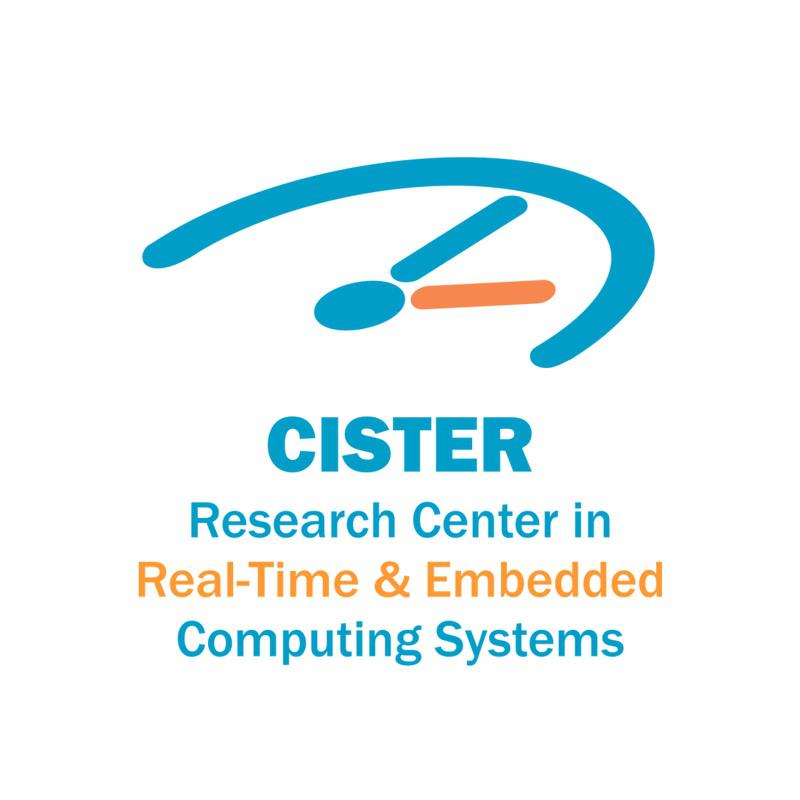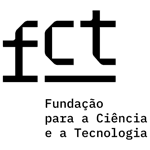 ADANET
ADANET
Autonomous Drones Assisted Internet of Things Networks
| PTDC/EEI-COM/3362/2021 44 months (May 2022 to Jan 2026) DOI: 10.54499/PTDC/EEI-COM/3362/2021 | |
| Summary: | This project aims to design a reliable and secure drones-assisted IoT network, where a swarm of autonomous drones are employed to hover over the area of interest to collect sensory data from the IoT nodes. The flight cruise of the drones can be adapted for the data collection given limited radio coverage of the drone. At a high level, the project will perform fundamental research across the following streams: i) Develop a new onboard deep reinforcement learning based flight resource allocation. The cruise control of the autonomous drone and the data collection schedule will be jointly optimized for preventing data lost resulting from overflowing buffers and transmission failure. ii) Propose a new adversarial deep reinforcement learning framework to enhance the drones-assisted IoT network security. The proposed framework guarantees the optimal cruise control and reliable data collection in presence of adversary’s attacks that seek to manipulate the flight cruise. iii) Develop an innovative cooperative flight resource allocation scheme for the drone swarms. A distributed machine learning approach, such as federated learning, is adopted for training the flight cruise in a distributed fashion across the drones. Moreover, wireless backhaul congestion and flight resource allocation optimization latency will be reduced. iv) Build a drones-assisted IoT network testbed to operationally validate the proposed reliable and secure flight resource allocation frameworks in ADANET. Extensive real-world experiments as well as comprehensive performance evaluations will be conducted for the joint cruise control and data collection. The final outcome of this project will be a reliable and secure drones-assisted IoT network, where a swarm of autonomous drones carry out the optimal cruise control and communication schedule to minimize the data packet loss. The proposed ADANET will integrate deep reinforcement learning, federated learning, wireless communication security, and optimization techniques for the joint cruise control and data collection. The system performance will be evaluated on the advanced experimental testbed in a real-world environment. Consequently, this project is a significant step towards realizing the vision of drones-assisted IoT networks. The achievements of this project can dramatically enhance the research and development on future drones-assisted wireless systems in Portugal, e.g., 5G, smart farming, package delivery, and emergency medicine. |
| Funding: | Global: 242KEUR, CISTER: 179KEUR |
| Sponsors: |   |
| Partners: | |
| Contact Person at CISTER: | Kai Li |
. . . . . . . . . . . . . . . . . . . . . . . . . . . . . . . . . . . . . . . . . . . . . . . . . . . . . . . . . . . . . . . . . . . . . . . . . . . . . . . . . . . . . . . . . . . . . . . . . . . . . . . . . . . . . . . . . . . . . . . . . . . . . . . . . . . . . . . . . . . . . . . . . . . . . . . . . . . . . . . . . . . . . . . . . . . . . . . . . . . . . . . . . . . . . . . . . . . . . . . . . . . . . . . . . . . . . . . . . . . . . . . . . . . . . . . . . . . . . . . . . . . . . . . . . . . . . . . . . . . . . . . . . . . . . . . . . . . . . . . . . . . . . . . . . . . . . . . . . . . .
Journal Papers
Exploring Visual Explanations for Defending Federated Learning against Poisoning Attacks: Enhancing LayerCAM with Autoencoders CISTER-TR-251102
Jingjing Zheng, Xin Yuan, Kai Li, Wei Ni, Eduardo Tovar, Jon CrowcroftACM Transactions on Privacy and Security (TOPS) (TOPS), ACM. 2025.
Jingjing Zheng, Xin Yuan, Kai Li, Wei Ni, Eduardo Tovar, Jon CrowcroftACM Transactions on Privacy and Security (TOPS) (TOPS), ACM. 2025.
Resilience and Failure Analysis in Next-Generation Communication Networks: A Contemporary Survey CISTER-TR-251001
Siguo Bi, Xin Yuan, Shuyan Hu, Kai Li, Wei Ni, Ekram Hossain, Xin WangIEEE Transactions on Network Science and Engineering (TNSE) (TNSE), IEEE. 2025.
Siguo Bi, Xin Yuan, Shuyan Hu, Kai Li, Wei Ni, Ekram Hossain, Xin WangIEEE Transactions on Network Science and Engineering (TNSE) (TNSE), IEEE. 2025.














 PDF
PDF